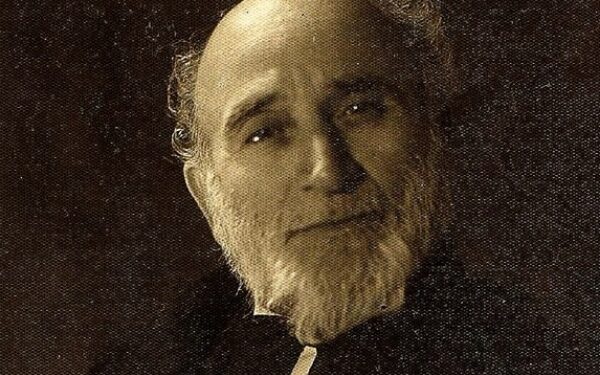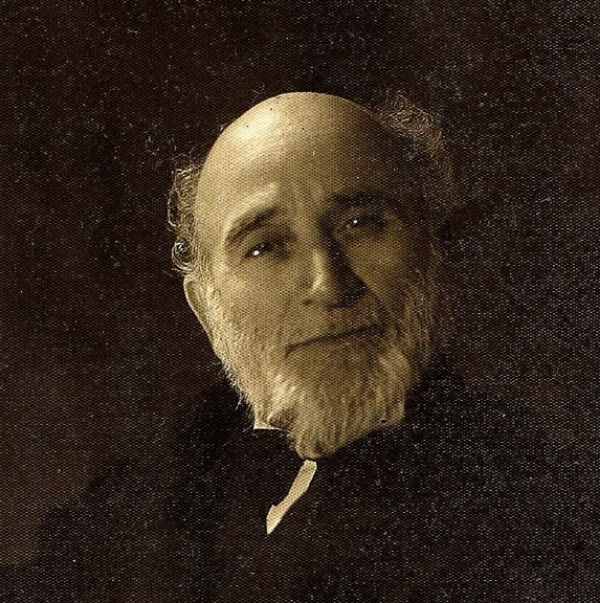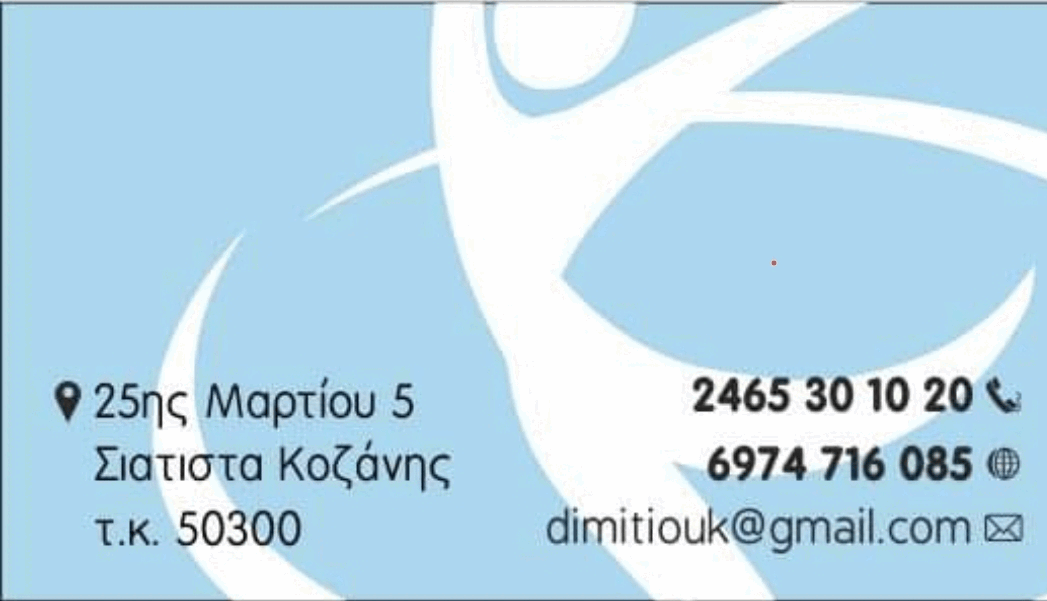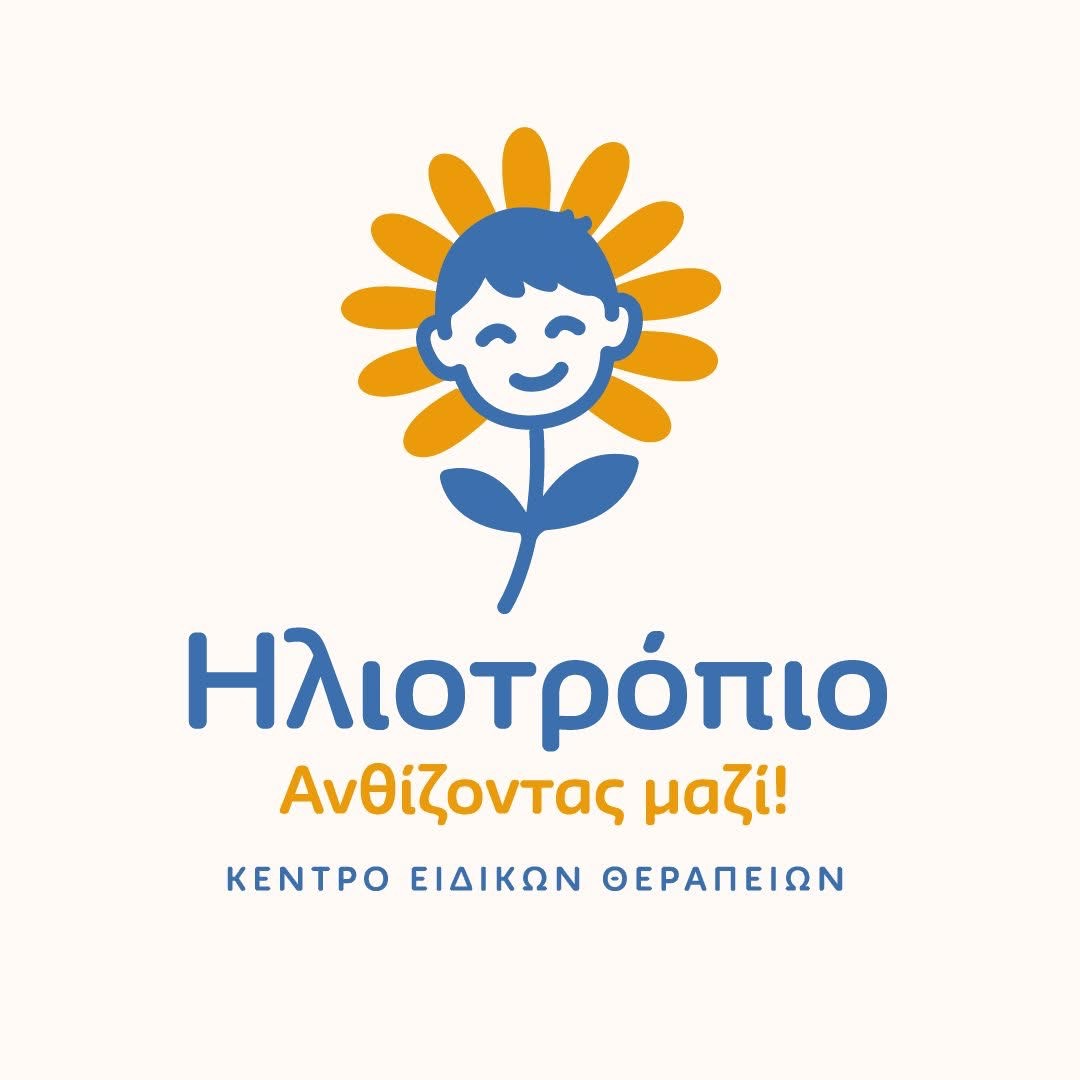Ο πανεπιστημιακός καθηγητής Χρίστος Καπνουκάγιας γεννήθηκε και πέθανε στην Σιάτιστα (1900 – 1994).
Δίδαξε στο Πανεπιστήμιο της Λειψίας μέχρι το 1949, έχοντας την έδρα της Λατινικής Φιλολογίας. Υπέστη διώξεις από το καθεστώς της 4ης Αυγούστου του Ιωάννη Μεταξά. Από μερικούς έχουν παρεξηγηθεί πολλά πράγματα για τον σεβάσμιο καθηγητή.
Αρκετοί τον θυμόμαστε – όπως έγραψα στο παρελθόν – να περπατά με το μπαστουνάκι του φορώντας το ξενόφερτο ντύσιμο, να κάθεται στο στασίδι του Αγίου Δημητρίου που είχε το όνομα του και να του στέλνει ο Δεσπότης με τον νεωκόρο το αντίδωρο.
Τα έργα του «Ο πατέρας μου», «Η μητέρα μου», «Οι διδάσκαλοι και οι καθηγηταί μου του Δημοτικού Σχολείου Σιατίστης, του Τραμπαντζείου Γυμνασίου Σιατίστης και των πανεπιστημίων Αθηνών, Λιψίας και Βερολίνου», δεν είναι απλά βιογραφικά έργα.
Ο Χρήστος Καπνουκάγιας καταγράφει όχι μόνο ιστορικά στοιχεία (πχ η απελευθέρωση της Σιάτιστας, οι πρώτες εκλογές στην Σιάτιστα, τα Σεραφημικά, οι παιδαγωγικές και διδακτικές μέθοδοι, σχολικές γιορτές, το διδακτήριο), αλλά καταγράφει και σχολιάζει ταυτόχρονα, ηθογραφικά στοιχεία (οι φίλοι του πατέρα, διάλογοι της μητέρας του με τις φιλενάδες της, ο πολύπλευρος ρόλος της γυναίκας στο σπίτι, οι σχέσεις των συζύγων), λαογραφικά στοιχεία (η ετοιμασία και η τελετή της κηδείας του πατέρα, παραδοσιακές συνταγές). Τα κείμενα εμπλουτίζονται με λέξεις, φράσεις του σιατιστινού ιδιώματος αλλά και ρητά της λατινικής.
Θεωρώ πως πραγματικά ο Καπνουκάγιας απόλαυσε την συγγραφή αυτών των έργων. Είναι βιβλία που θα συνιστούσα στον καθένα μας να τα διαβάσει αν θέλει να ταξιδέψει στην Σιάτιστα της πρώτης εικοσαετίας του 20αιώνα. Πολύ περισσότερο αυτές τις μέρες.
Το βιβλίο του «Η μητέρα μου» το ολοκλήρωσε την 5η Οκτωβρίου το 1967, 3:45μμ στο εξοχικό του στην περιοχή «Διαρρέοι» της Σιάτιστας, όπως γράφει στην τελευταία σελίδα του.
Στο κεφάλαιο «Η ΜΗΤΕΡΑ ΜΟΥ ΑΛΛΟΤΕ ΚΑΙ ΤΩΡΑ», ο Καπουκάγιας δίνει τις δικές απόψεις για την ανατροφή των παιδιών. Εκεί τίθεται το ερώτημα, πρέπει να μαθαίνουμε να τηρούνε τα έθιμα; Αν ναι γιατί; Ποια θα είναι τα οφέλη για τα παιδιά και τους γονείς τους; Για να τεκμηριώσει της θέσεις του χρησιμοποιεί ως παράδειγμα τα κόλιαντα.
Μεταφέρω το κείμενο αυτούσιο (σελ 205 -206)
Δεν πρέπει να λέγω μοιρολατρικά, «έτσι τα βρήκα από τους γονείς μου, έτσι θα τα’ αφήσω». Βεβαίως προκειμένου περί εθίμων, πρέπει να προσπαθώ να τα ερμηνεύσω με επιστήμην: Να ξέρω δηλαδή. Δια ποιόν λόγον το έθιμον αυτό διετηρήθη έως τα ημέρας. Παραδείγματος χάριν: «Τα κόλιαντα της Δυτικής Μακεδονίας».
Ο νεωτεριστής, αμέσως θα πή: «Είναι εντροπή να στέλνωμε τα παιδιά μας με το πρωινό χιονικό κρύο, να ζητούν «κόλιαντα». Την επαιτίαν θα επαναφέρωμεν;» Αλλά, εάν ήξεραν πόσο υγιεινόν είναι δια τους μικρούς – το παρακολούθησα και εκ πείρας ξέρω – το πρωινό ξύπνημα και υπό την τσουχτερή ψύχρα περπάτημα των μικρών με του ομηλικούς των, δεν θα συνηγορούσαν εις την κατάργησιν του εθίμου.
Τον μικρόν, εκείνο εορταστικό πρωινό «των καλάνδων», τον δέχεται ο μεγάλος ως ισότιμον επισκέπτη του, και το διαισθάνεται αυτό ο μικρός και δι’ αυτό το θέλει.
Έπειτα είναι και το άλλο: συνηθίζει το μικρό παιδάκι εις την χρήσιν των άφθονων γλυκών της ιδιοκτησίας του, αρχίζει να σκέπτηται τι θα τα κάμη, πως θα τα διαθέση. Εκεί η καλή μητέρα θα ημπορέση να παρακολουθήση τον μικρόν, εάν έχη φιλάνθρωπα συναισθήματα, εάν είναι λαίμαργος, εάν είναι φίλος ηθικός, εάν είναι αρχοντικής διαγωγής και ούτω καθεξής. Αυτό το πρωινό νυχτοπερπάτημα των μικρών είναι διδακτικώτατον κοινωνιολογίας μάθημα.
Όταν γυρίση σπίτι, θα τον ερωτήσουν οι γονείς, οι αδελφοί, αι αδελφαί και εις τις άλλος, σε ποιο σπίτι πήγεν, τι τους έδωκαν, πως τους εδέχθησαν και τότε θα ιδούν, εάν ο μικρός διηγήται ελεύθερα, έχη λεκτικόν πλούτον, είναι φαντασιώδης, η φιλαλήθης και εν τέλει, όταν μεγαλώση θα έχη την ενεξίτηλον αυτήν ανάμνησιν της παιδικής του ζωής, ως χρονικόν αφετηρίας του βίου του όριον.
Είναι λοιπόν να καταργηθή το ωραίον αυτό έθιμον, ιδία εις τας επαρχίας; ερωτώ.
Εξετάσατε δυο μεγαλωμένα πλέον παιδιά, εκ των οποίων, το ένα «περπάτησεν για κόλιαντα» και το «άλλο όχι», της αυτής ηλικίας, και θα ιδήτε ποιον από τα δύο είναι ηθικώς κερδισμένο εις την ζωήν, και έπειτα να συνηγορήσητε δια την μην τήρησιν του εθίμου.
«Αυτό είναι εύσχημος επαιτεία και πρέπει να λείψη», ακούεται να λέγη ο νεόπλουτος γονεύς και μήπως δεν βλέπομεν πλούσιους, οι οποίο επτώχευσαν και επέινασαν; Μήπως και το «ευσχήμως επαιτήν» δεν είναι τέχνη; Διατί να μην την διδαχθής από το ωραίον έθιμον των καλάνδων διαισθητικώς;
Έτσι πρέπει να σκεπτώμεθα, όσον αφορά εις την παράδοσιν, δια να την κρίνωμεν ως τηρητέαν ή μη. Άλλως τε, εάν φυσεί δεν χρειάζεται, εκλείπει μόνη της αδιάφορον, ένα μετά τινά έτη πάλιν θα επανέλθη, διότι «κύκλος τα ανθρώπινα».






























